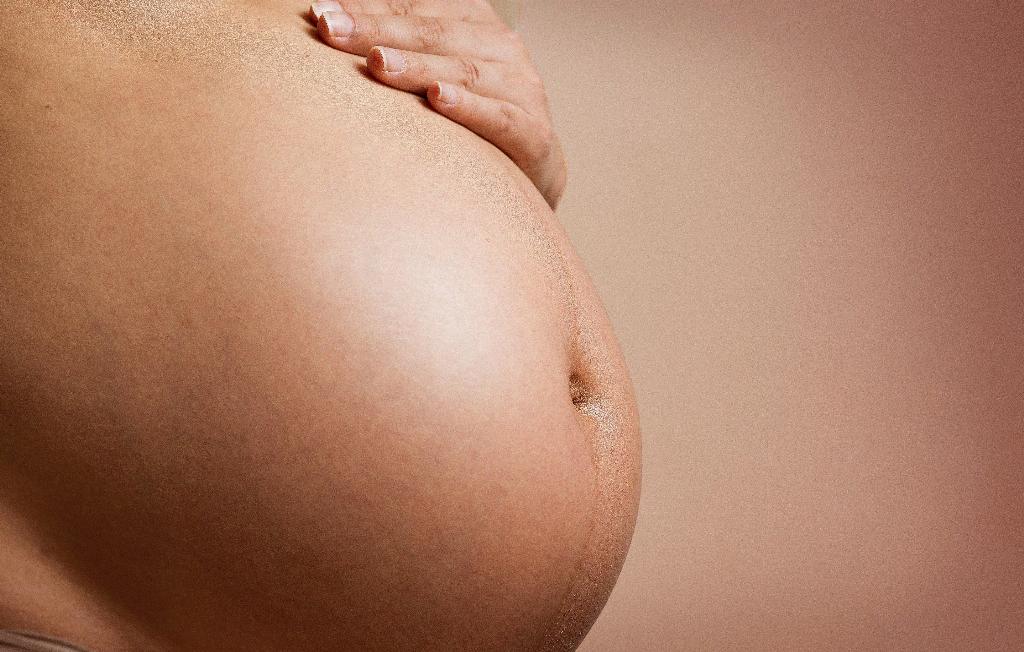One common symptom that many women experience during early pregnancy is constipation. Hormonal changes in the body, such as an increase in progesterone levels, can slow down the digestive system, leading to difficulty passing stools.
Constipation in early pregnancy is not uncommon and can be frustrating for many expecting mothers. The hormonal fluctuations can affect the muscles in the intestines, causing them to move food at a slower pace through the digestive tract.
It is essential to stay hydrated and consume a diet rich in fiber to help alleviate constipation in early pregnancy. Drinking plenty of water and eating foods such as fruits, vegetables, whole grains, and legumes can aid in promoting regular bowel movements.
Regular physical activity, such as walking or gentle exercise, can also help stimulate the bowel movements and relieve constipation. Maintaining a healthy lifestyle and following a balanced diet can contribute to overall digestive health during pregnancy.
If constipation persists and becomes severe, it is advisable to consult with a healthcare provider. They can provide guidance on safe remedies and medications that can help relieve constipation without harming the pregnancy.
In some cases, prenatal vitamins containing iron can contribute to constipation. If this is the case, discussing alternative supplements with your healthcare provider may be beneficial in managing constipation symptoms.
Avoiding foods that can worsen constipation, such as processed foods, dairy products, and caffeinated beverages, can also be helpful in managing digestive issues during early pregnancy. Opting for whole, nutritious foods can support regular bowel movements.
Implementing relaxation techniques, such as deep breathing exercises or prenatal yoga, can help reduce stress, which may contribute to digestive irregularities. Finding ways to relax and unwind can positively impact overall digestive health.
It is important to be mindful of your body’s signals and listen to any discomfort that may arise. Paying attention to dietary habits, staying active, and seeking professional advice when needed can help in managing constipation effectively during early pregnancy.
Remember that each pregnancy is unique, and what works for one person may not work for another. Be patient with yourself and give your body the time it needs to adjust to the changes occurring during this special time.
By taking proactive steps to promote digestive health, staying hydrated, consuming fiber-rich foods, and seeking guidance from healthcare professionals when necessary, you can navigate constipation in early pregnancy with greater ease and comfort.

